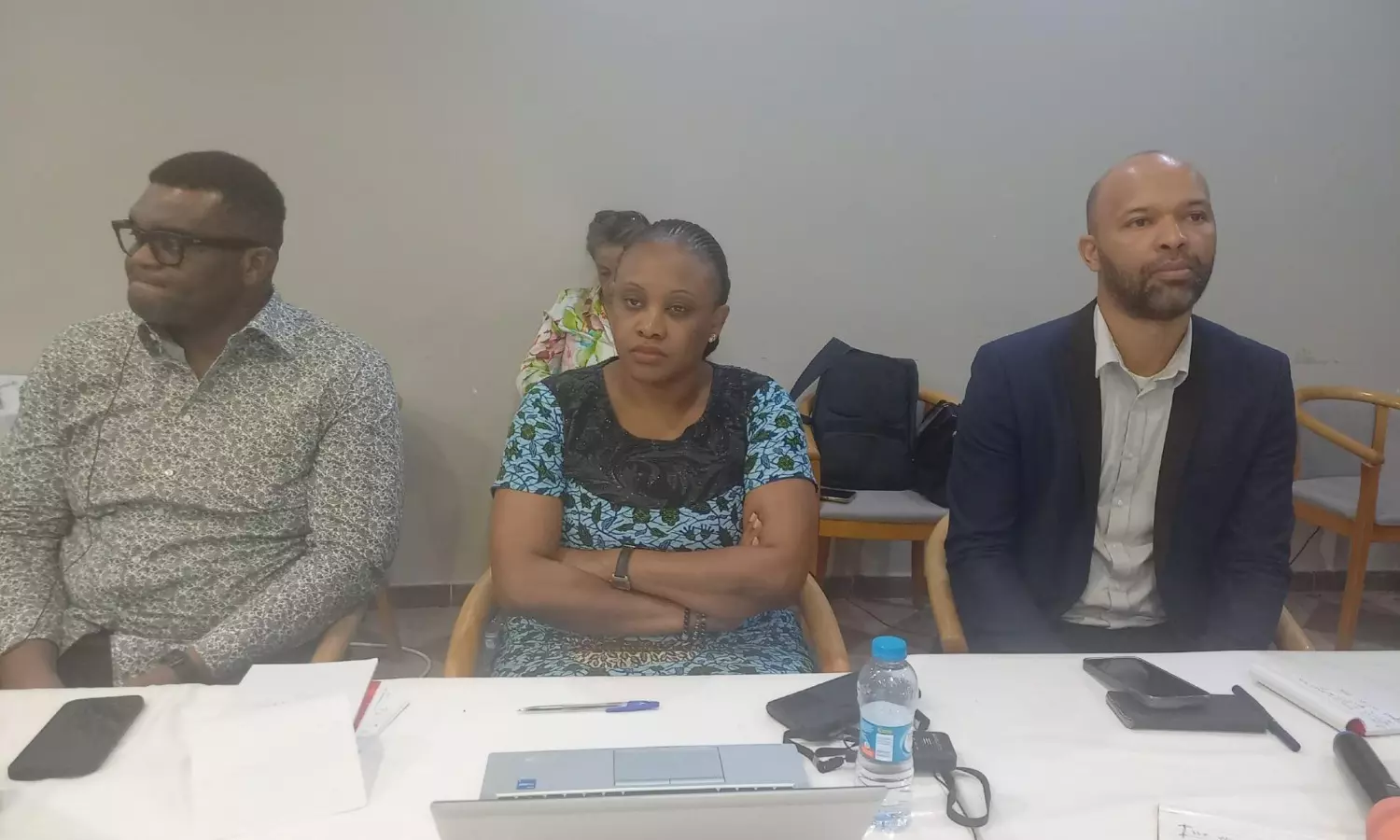ECOWAS urges yet-to-connect states to expedite SIGMAT deployment
Officially launched in 2019, SIGMAT is designed to provide an integrated customer IT solution to expedite the processing of goods in transit across the borders of ECOWAS Member States, thereby fostering intra-regional trade.

To enhance technical understanding and promote the effective ownership of the Interconnected Transit Goods Management System (SIGMAT), the Economic Community of West African States (ECOWAS) Commission was urged to organise a dedicated meeting for IT experts in customs operations, targeting Member States during a regional meeting on the evaluation and monitoring of the implementation of SIGMAT concluded on Thursday, 21 November 2024, in Praia, Cabo Verde, with a series of key recommendations.
The release reads, "For Member States yet to connect to the SIGMAT e-Hub, based in Lomé, Togo, they are strongly advised to expedite their connection to facilitate the system’s full deployment across the community and to ensure an additional level of connectivity within the SIGMAT network."
Officially launched in 2019, SIGMAT is designed to provide an integrated customer IT solution to expedite the processing of goods in transit across the borders of ECOWAS Member States, thereby fostering intra-regional trade.
“These measures, once effectively implemented, will significantly contribute to the success of this crucial tool designed to facilitate the exchange of customs data among West African customs administrations,” reads the release.
Furthermore, the ECOWAS Commission has been called upon to provide technical assistance to Member States requiring support for SIGMAT deployment and operation.
Regarding Member States, they have been encouraged to initiate training and awareness sessions on SIGMAT for customs officers and other stakeholders involved in transit processes. These initiatives aim to improve technical mastery of the system and foster a better understanding of its new procedures.
Member States are also required to submit to the ECOWAS Commission a comprehensive list of land borders that remain non-automated.
Additionally, participants encouraged neighbouring Member States to engage in regular bilateral interactions to address challenges linked to SIGMAT operations effectively.
These diverse recommendations are designed to maximize the impact of SIG-MAT in facilitating trade and strengthening economic integration within the West African region.
At the conclusion of the meeting, it was noted that SIGMAT is currently operational in 12 of the 15 ECOWAS Member States and is undergoing testing in Sierra Leone. However, it is not yet functional in Cabo Verde and Guinea-Bissau.
The meeting also resulted in the adoption of a roadmap for connecting SIGMAT in all ECOWAS Member States. Participants were further introduced to SIGMAT Version 2.0, featuring enhanced functionalities aimed at optimizing the system’s efficiency and effectiveness.
Addressing the participants, Osamwonyi Uzamere of the Nigerian Customs Services, representing Nigeria as the current chair of ECOWAS, commended the quality of discussions and recommendations. He urged participants to work diligently within their respective countries to ensure the successful implementation of SIGMAT.
Speaking on behalf of the President of the ECOWAS Commission, Dr. Omar Alieu Touray, and the Commissioner for Economic Affairs and Agriculture, Madam Massandjé Touré-Litsé, the Director of Customs Union and Taxation, Salifou Tiemtoré, expressed gratitude to the participants for adopting these recommendations. He emphasised that their effective implementation would be crucial to ensuring SIGMAT’s success across the West African region.
By facilitating the seamless exchange of financial data, SIGMAT aims to reduce transit times at borders, combat customs fraud and revenue losses, strengthen regional economic integration, and improve efficient public financial management at both national and regional levels.
In essence, SIGMAT is a critical tool to ease intra-regional trade, reduce cus-toms-related bottlenecks, and promote economic growth within the ECOWAS region. This initiative underscores ECOWAS’s steadfast efforts to enhance trade and transport management, improve West Africa’s global competitiveness, and increase transparency in the movement of goods within the regional community.


